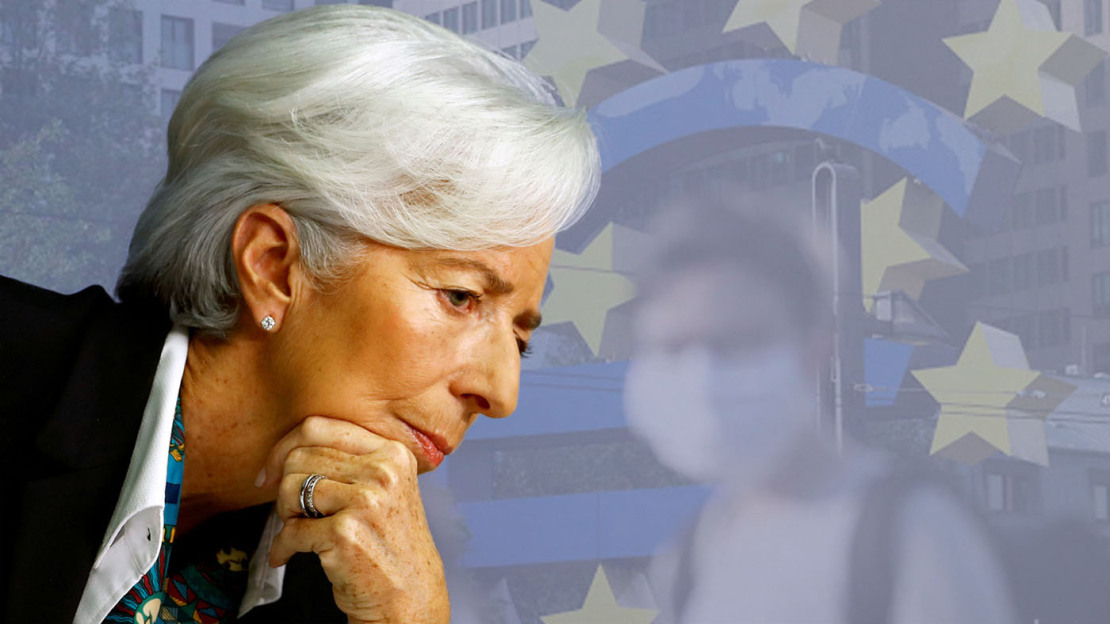In its judgment pronounced today, the Second Senate of the Federal Constitutional Court granted several constitutional complaints directed against the Public Sector Purchase Programme (PSPP) of the European Central Bank (ECB). The Court found that the Federal Government and the German Bundestag violated the complainants’ rights under Art. 38(1) first sentence in conjunction with Art. 20(1) and (2), and Art. 79(3) of the Basic Law (Grundgesetz – GG) by failing to take steps challenging that the ECB, in its decisions on the adoption and implementation of the PSPP, neither assessed nor substantiated that the measures provided for in these decisions satisfy the principle of proportionality. In its Judgment of 11 December 2018, the Court of Justice of the European Union (CJEU) has taken a different stance in response to the request for a preliminary ruling from the Federal Constitutional Court; however, this does not merit a different conclusion in the present proceedings. The review undertaken by the CJEU with regard to whether the ECB’s decisions on the PSPP satisfy the principle of proportionality is not comprehensible; to this extent, the judgment was thus rendered ultra vires. As regards the complainants’ challenge that the PSPP effectively circumvents Art. 123 TFEU, the Federal Constitutional Court did not find a violation of the prohibition of monetary financing of Member State budgets. The decision published today does not concern any financial assistance measures taken by the European Union or the ECB in the context of the current coronavirus crisis. Continue reading…
The message is clear: organisations must be held accountable for their social and environmental footprint. Therefore, it’s inevitable that speaking up becomes the next social…
Download whitepaper











